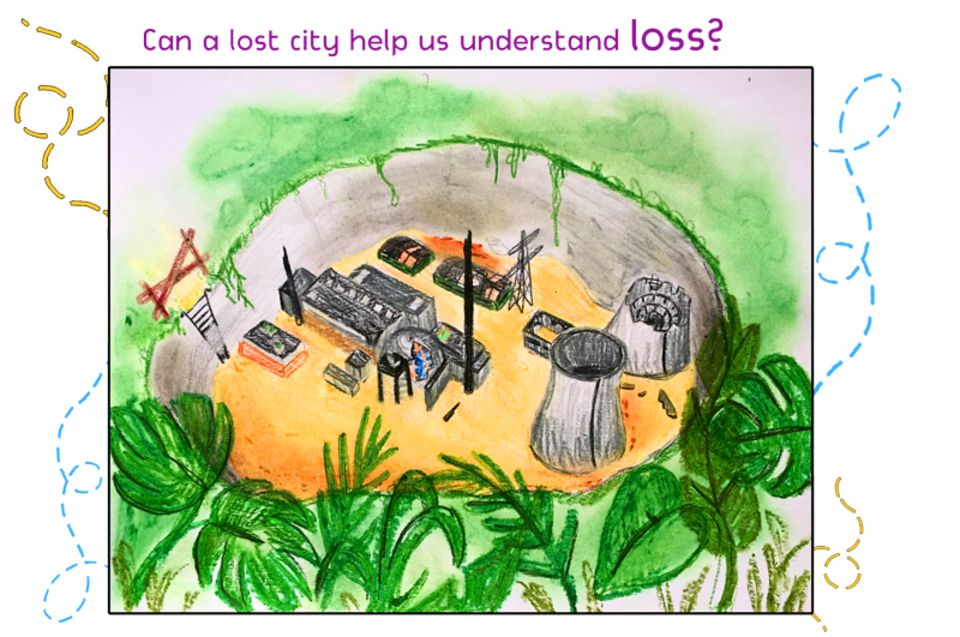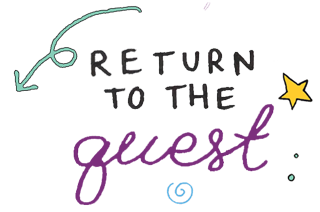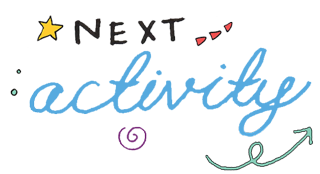
The lost city (Part 2)
You are now at the second part of your creative project! If you have already finished the first part—Creative Conception—you can continue your quest with this activity. But if you haven't finished the first part yet, then start with that one, then you can come back here.
...
| Objective: To map a mysterious lost city! |
Duration: 60 to 90 minutes
Material:
- A sheet of paper or a piece of cardboard
- Coloured pencils and markers, eraser
- Scissors, glue, arts and crafts materials, recycled materials
Instructions:
- Reread your sheet. Take a moment to reread your ideas and review your Creative Conception draft. This will refresh your memory and maybe even give you some new ideas before you get into the final part of your project.
- Create the lost city. Here we go! It's time for you to draw the map of the lost city you have imagined! On a new piece of paper or on a large cardboard—if you need more space to bring your ideas to life—with all your care and talent, draw all the different elements of the city you imagined. Add colour and lots of detail to make your creation stand out!
- Variation: If you'd like, you can also make a model of your lost city! To do so, you can use recycled materials, glue and paint.
- Think about your creative experience. Finally, after you've finished, you can ask yourself: How did it go? Did you succeed in realizing the vision you had at the beginning?
- Conception: Does your creation represent what you think loss is? How do your creative choices reflect your perspectives on the concept?
- Application: What lessons can be learned from your interpretation? If you can suffer a loss, can you also deserve it or seek it out? Why or why not?
- Alternative: What could you have changed? Are there nuances that you didn't include? Imagine that a team of scientists discovered your map of this mysterious lost city: Could they draw other conclusions from your discovery? What could they learn from your map and what could they interpret differently?
You can write your answers on the back of your conception sheet to keep track of your evolving thoughts.
...
Bonus: In museums around the world, there are artifacts—objects made by humans—that allow us to learn about lost cities and past societies. If you had to choose four artifacts to put in a museum to represent the society you currently live in, which ones would you choose and why? What would you like future humans to learn from studying these objects? Do you think it is as important to remember the good things as it is to remember the bad things? Why or why not? |

| Tricks for tots: Draw the person you imagined in your Creative conception activity, adding objects around them that are important to them—maybe because they use them every day or because they remind them of their loved ones. What can you learn from a person by looking at their objects? To help you answer this question, imagine that you disappeared! Poof! What could we learn from you by looking at your objects? Choose four objects that you think best represent you. What can these objects tell us about you... and about what is lost once you are gone? Now think about objects often found in museums, like a vase, a necklace or a tool: what can these objects tell us about the history of the people who made them? What might we never be able to know and why? Does this loss of information prevent us from knowing who these people were? Hmm… what do you think is left from us when we are gone? |
| Tips for teens: Is decline necessarily bad? Can it be better to slow down or lose momentum? Have you ever heard the term "degrowth?" Degrowth is a concept born in the 1970s to challenge the notion of economic growth required for a capitalist system. According to the thinkers and activists who support degrowth, economic growth brings about more problems than benefits to humankind. Using examples, try to illustrate the positive and negative effects of economic productivity on individuals, society and the environment. Hmm... do you think it might be better to slow down? Is growth always a good thing? Why or why not? |
Share your creative reflections by sending them via email.
Include photos of your projects and notes of your thoughts, as well as your first name and your age!


